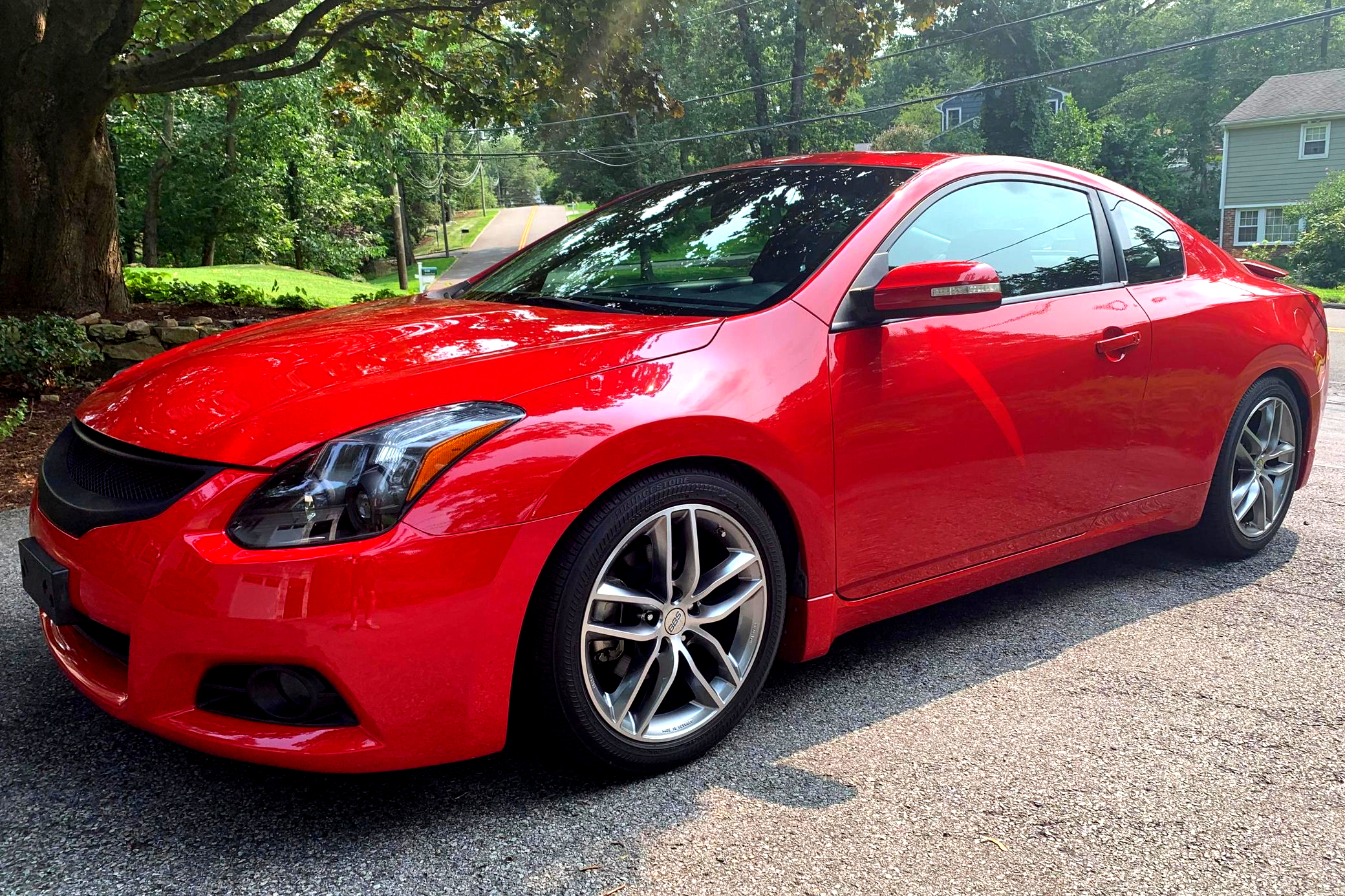While this might be one of the most reliable and beloved sedans, you should know that there are some Nissan Altima model years to avoid. This is because some Altima models have various problems that affect their reliability. Before we get into it, I should mention that you should be cautious with the 2007-2012 models due to major transmission and steering faults. Later models from 2013 to 2018 are better, but still require attention to suspension and AC performance. We’ll talk about these and more.
As you’re about to find out in this detailed article, not all models are built are same. The newer 2025 Altima has improved reliability and fewer issues across the board. But if you’re on the market for a used one, it’s important to know the Nissan Altima model years to avoid. So here is a straightforward breakdown of the models that have raised the most red flags.
2007–2012 Altima Models: CVT and Steering Lock Trouble
Altima models from 2007 to 2012 are some of the most commonly reported for mechanical issues. The most frequent complaints with the Nissan Altima involve CVT transmission failures, which can lead to shuddering, gear slipping, and expensive replacements.
These models are also prone to steering lock malfunctions, especially in the push-button start versions. Drivers often report being unable to start the car or experiencing steering lockups.
ALSO, CHECK OUT: Common Problems With The Nissan Tiida C11 (And Solutions)
2013–2018 Altima Models: AC and Suspension Wear
While more reliable overall than their predecessors, 2013 to 2018 Altima models aren’t without their flaws. These models often develop suspension problems. Other common issues include clunking noises, uneven tire wear, and loose steering feel, especially as mileage increases.
Air conditioning faults are common and are often caused by failing blower resistors or actuators, which result in poor airflow or a loss of cooling. At the same time, these issues are usually less critical than CVT failures. They can still impact comfort and drivability over time.
Altimas with the 2.5L Engine: Oil Consumption Problems
Nissan Altima models that have the 2.5-liter 4-cylinder engine, particularly between 2013 and 2016, are known for excessive oil consumption. This often results from worn piston rings that allow oil to seep into the combustion chamber and burn off. If not monitored and maintained, it can lead to engine damage or costly repairs. Drivers should check oil levels regularly and consider more frequent oil changes if they notice a drop.
ALSO, CHECK OUT: This Is What The Interior Of The 2025 Nissan Kicks Has To Offer
Push-Button Start Models: Immobilizer and Steering Lock Faults
Altima models that have push-button start systems are more susceptible to immobilizer failures and steering column lock issues. These systems rely heavily on electronic modules. When they fail, they can prevent the car from starting or even lock the steering wheel unexpectedly. These Nissan Altima problems often require specialized diagnostics and can be expensive to repair.




